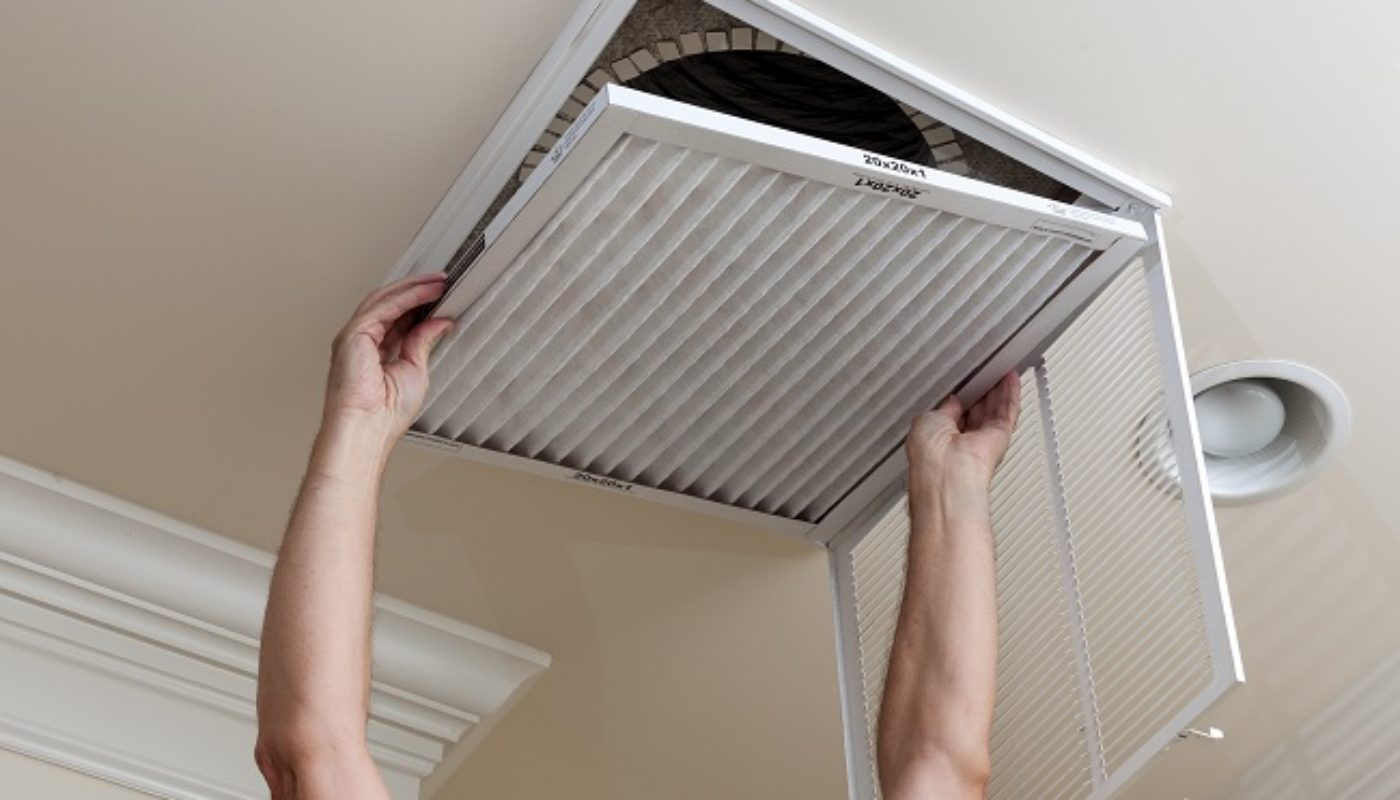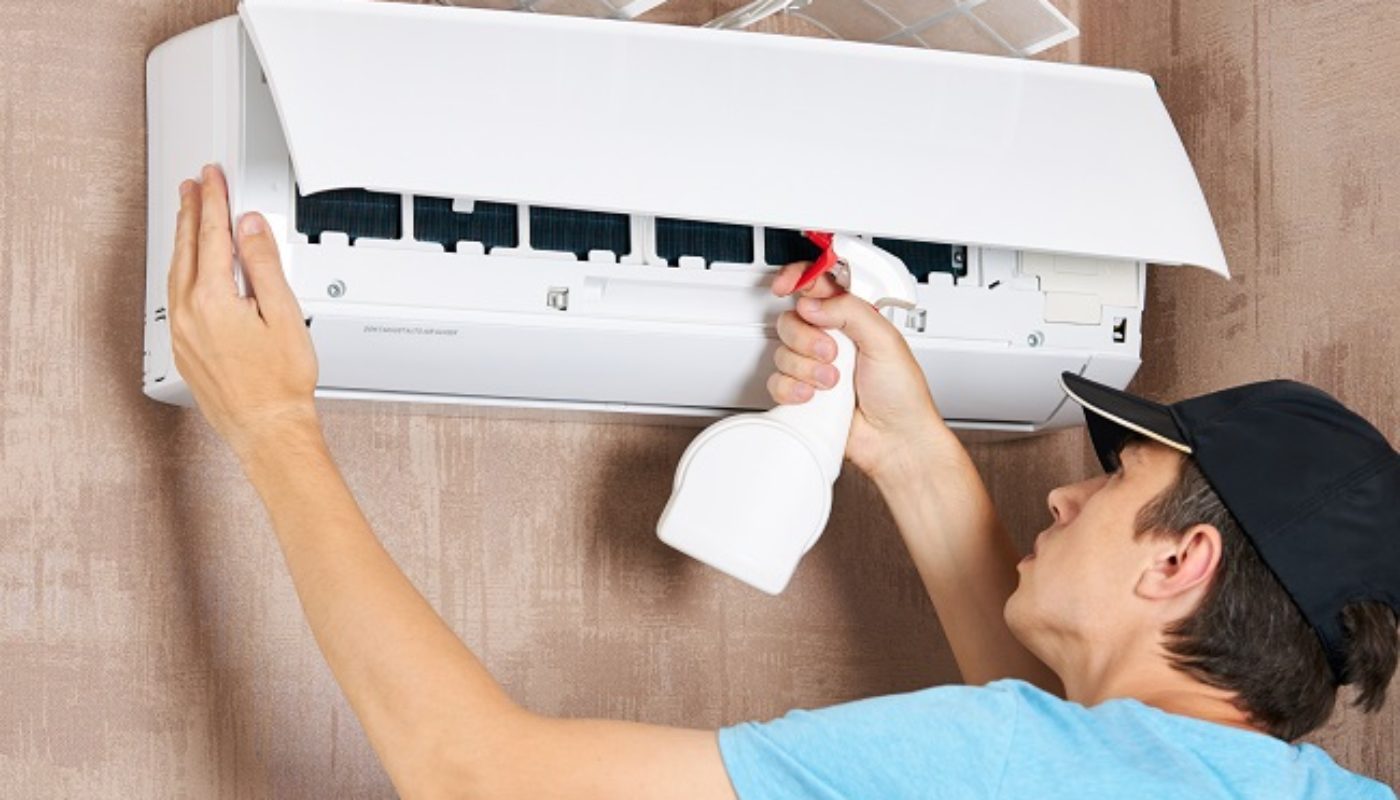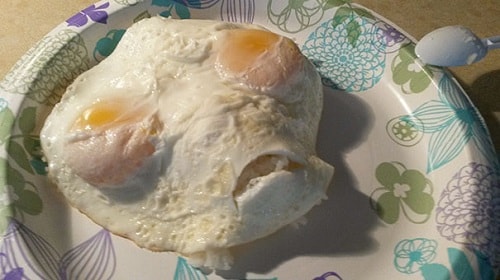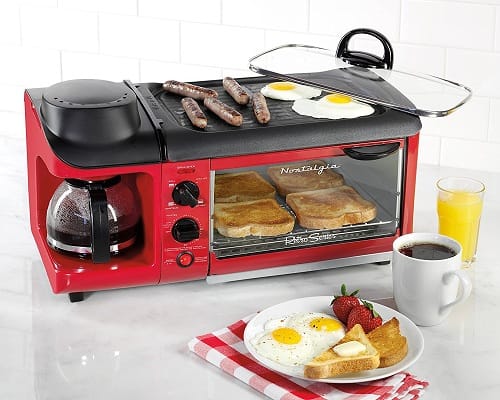Having an efficient heating, ventilation, and air conditioning (HVAC) system is necessary. It cools down a building during summer and warms it up during cold months. In addition, it improves air quality. Those advantages have prompted many property owners to have that kind of system installed in their home or office.

Yet, like all other things, HVAC systems can run into some issues. In the long run, the coils could freeze because of clogs and poor airflow. AC units might end up with malfunctioning thermostats. In addition, fuses could blow anywhere in the system for one reason or another. Although many factors may cause such issues, natural wear and tear plays a big role in why they happen in the first place.
If you’re a homeowner who’s had a modern HVAC system installed recently, keep reading to discover some maintenance tips that could help prevent problems with your equipment. By following them, you can keep your appliances in excellent condition and ensure their optimal performance.
- Have A Maintenance Checklist And Plan
An HVAC system needs regular maintenance. For that purpose, it’s advisable to come up with a maintenance checklist that you’ll be monitoring regularly. Primarily, the list will would involve specific components that require proper and regular cleaning to function well. It could also include parts that tend to get damaged often.
Based on that list, you’ll be able to figure out what kind of maintenance plan you should get. Go ahead and visit a website like GlobalHeatingAirConditioning.com to ask an HVAC services provider about the plans they have available. They can inspect your equipment and figure out what solutions would work best for it.
- Clean The Coils And Drain Pan
Cleaning is always part of good HVAC maintenance, and when it comes to air conditioners, the coils in particular have to be kept clean for the rest of the equipment to operate. Generally, coil problems are caused by dust, debris, and dirt buildup in the tight spaces between coil fins. In addition, moisture and other pollutants accumulate in those areas. When dirt clogs happen, these cause the coils to freeze.

Drain pans should always be cleaned out to avoid blockage as well. This part connects to the drain line. When it’s clogged, you can use a vacuum and a soap solution to clean the pan.
- Keep The Vents Open And The Ducts Spotless
Blocked entry and exit points are typical causes of malfunction in an HVAC system. To avoid this, inspect them from time to time and clean the vents and ducts if needed. Be quick about removing anything that could lead to blockage by dusting off or vacuuming those areas. Ignoring the accumulation of dirt in them may reduce the performance of your equipment.
- Change The Filters
Filter replacement is necessary to ensure good airflow and a functional HVAC system. The rule of thumb for this is to change the filter every 30 days if it’s fiberglass. But if you have pleated filters, they should be replaced every 90 days. Although they last longer, they’re also a bit costlier.
Of course, the frequency of usage would affect the frequency of replacement. So if you discover that your pleated filter is already filthy, it’s best to change it at once even if three months haven’t passed. Sometimes, there’s no need to wait for the scheduled replacement.
- Create A Clearance Zone Outside Your Unit
In some cases, the parts of your unit may be facing trees and other overgrown plants. Vines and branches might start to get inside the equipment, which could spell trouble if they block the ducts and vents. Removing them is the only way to prevent possible blockage. See to it that the area surrounding the equipment is free from obstructions to keep the system in good working order.
Wrapping Up
As the adage goes, prevention is better than cure. In the context of appliances and home systems, prevention can be done through proper maintenance. This would allow you to keep dirt, grime, and mold away so the HVAC system would operate perfectly. Apart from preserving functionality, adequate care also helps in preventing damage. It then extends the life span of the entire system and its replaceable parts, such as the capacitor.
Even though the maintenance tips discussed above sound simple, trying them would result in an efficient HVAC system that would be able to serve you for years. You’ll not only have a comfortable environment in your home but also save money on repairs that poorly maintained equipment often require.





